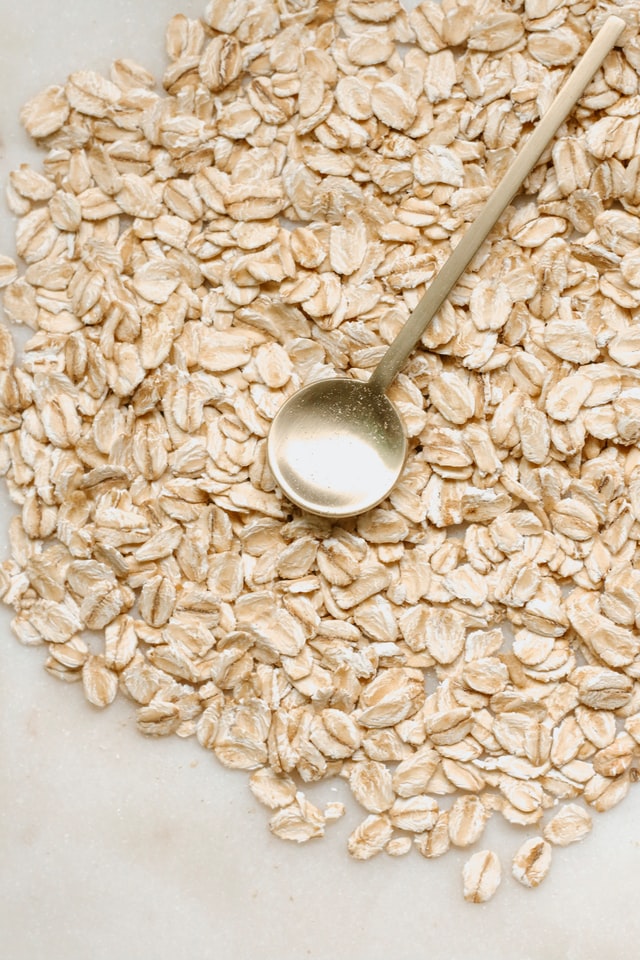
Gut health affects more than just your bowels and digestive system. Your gut is a central figure in your overall health and wellbeing and poor gut health can have wide-ranging consequences.
Poor gut health can affect your immune function and hormone levels, result in significant weight gain or weight loss and even be a factor in the development of some diseases.
There are about 200 different species of bacteria, viruses and fungi inside the digestive tract of each person and while some of these “gut microbiome” can be harmful to health, many are considered to be basic essentials for a healthy body. Research into gut microbiome is a rapidly-growing field, given its links to obesity, diabetes, irritable bowel syndrome, colorectal cancer, inflammatory bowel disease and a range of other conditions. The good news is that you can improve your gut health with lifestyle and diet changes.
How do I know if I have bad gut health?
Some common symptoms of an unhealthy gut include an upset stomach, unintentional weight changes, skin irritation, sleep disturbances, constant fatigue and even food intolerances like bloating, gas and abdominal pain. If you experience some of these symptoms on a regular basis, it could be worth exploring whether poor gut health is a cause.
It is possible to test whether your gut microbiome – or gut flora – is healthy at present, which can provide insightful information. By combining cutting edge diagnostic tools with naturopathic philosophies, experienced Melbourne-based Functional Medicine Practitioner and Naturopath Luke Clarke is able to help you determine the state of your gut health and tailor a precise approach to improving your gut flora. To arrange a test, contact Luke Clarke on 03 8820 0010.
Lifestyle changes that can help improve gut health
Some simple lifestyle changes can have a big impact on your gut health. It is important to try and get enough quality sleep each night, which is considered to be at least 7 to 8 hours.
Making attempts to relax more and lower your stress levels can also help, as can regular exercise which can assist in keeping your bowel movements regular and help in preventing illness and disease. Thoroughly chewing your food and eating more slowly can also help maintain a healthy gut, while drinking plenty of water is another simply key to promoting good gut health.
Diet changes that can help improve gut health
If you do have poor gut health, adding a prebiotic or a probiotic supplement to your regular diet could help. Prebiotics find their way to your lower digestive tract and act as food to help good bacteria grow, while probiotics are designed to help colonise your gut with good microorganisms. It is also a good idea to limit your intake of processed foods and sugars and substitute them with more natural plant-based foods and lean proteins. High fibre foods can also positively impact on gut health, including things like almonds, beans, chickpeas, oats, quinoa, apples and peaches.
How to get started on your journey to better health
Luke Clarke can help you set you on a path to better gut health – and ultimately better overall health. He uses science, wisdom and decades of experience to help improve and heal the health of his clients and can create a holistic tailored plan to help you improve your gut health. Get in touch with Luke Clarke today to arrange a free 10-minute consultation and set yourself on the path to better health by calling 03 8820 0010.